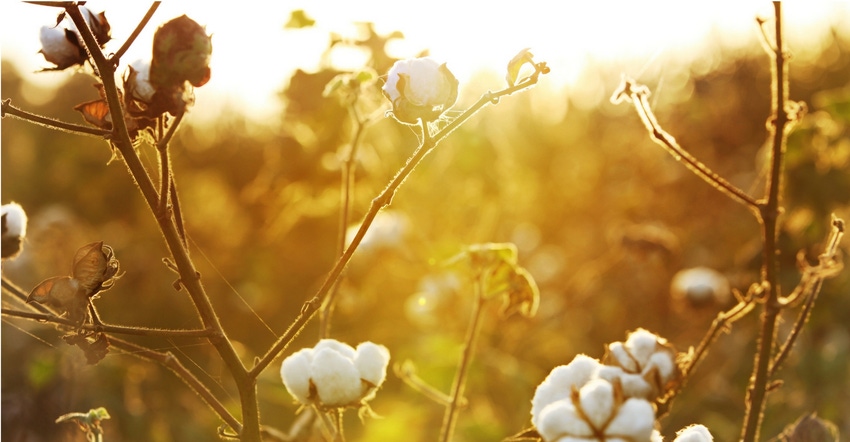February 1, 2018

Sponsored Content
As you begin to make plans for this year’s growing season, it is important to remember magnesium (Mg) is one of three secondary macronutrients, along with calcium and sulfur (S), required for balanced crop nutrition.
Mg Roles in the Plant
Magnesium plays a critical role in various functions within the plant, and can have a substantial effect on plant growth and yield.
Structural Component of Chlorophyll: Magnesium is the central atom of the chlorophyll molecule. Sufficient plant nutrition, including Mg, maintains high levels of chlorophyll, resulting in healthy, green leaf tissue.
Key Driver of Photosynthesis: The presence of Mg in chlorophyll is needed for photosynthetic reactions, and thus carbohydrate production, to occur.
Transportation of Carbohydrates: Transportation of carbohydrates from leaves to actively growing tissues of plant roots, shoots and reproductive organs requires adequate levels of Mg. A deficiency of Mg can reduce root or shoot growth and potentially seed weight.
Heat Stress Tolerance: Since plants with low Mg or potassium (K) supply are not able to maintain an optimum level of photosynthesis, the light energy absorbed for photosynthesis begins to accumulate in the leaves. This excessive light energy damages leaf tissue. Adequate plant-available Mg maintains optimum photosynthesis and reduces crop stress under high solar radiation and high temperature.
Magnesium Deficiency
Often overlooked, Mg deficiencies can lead to reduced crop growth and yield.
Magnesium is somewhat mobile within the plant, and typically translocated from older to younger tissues; therefore, Mg deficiencies usually appear first in older leaves. When Mg deficiencies are severe, reddening of the leaf tissue can also occur. Below are a few of the most common soil and environmental factors causing Mg deficiency:
Cropping System: Magnesium deficiency is a growing concern, especially in intensive crop production systems. Under such cropping systems, high amounts of Mg are taken up by the crop. Because removed Mg is typically not replenished annually, intensive cropping systems can quickly deplete soil Mg reserves.
Soil pH and Type: Acidic and/or coarse-textured soils are most likely to experience Mg deficiency. Low cation exchange capacity in sandy soils can permit Mg leaching through the soil profile, especially where excessive precipitation or irrigation is received.
Soil Cations: Magnesium is taken up by the plant as the Mg2+ ion. It can be found in soil solutions, on clay surfaces and within clay layers. Mg on clay surfaces (exchange sites) becomes soluble when replaced by another cation present in the soil solution. Some research suggests that repeated use of fertilizers high in cations can displace Mg on the exchange sites (cation exchange capacity), and may induce Mg deficiency. Under such situations, fertilizers containing both Mg and K, such as K-Mag® can minimize or avoid the risk of Mg deficiency in plants.
Raising a healthy cotton crop calls for a precise nutrient management plan. During peak growing months, June and July, the rapidly growing plant aggressively begins removing high levels of nutrients. Enhanced disease resistance and top-quality fiber depend on proper soil fertility.
K-Mag provides the soil fertility your cotton crop needs. Maintaining a proper balance between K and Mg in the soil and plant tissues is important to sustaining cotton yields. K-Mag helps supply K and Mg in the proper balance. Since cottonseed is rich in protein, it's not surprising that cotton requires a relatively large amount of S as well. K-Mag helps replenish S in the highly available sulfate form.
To learn more about what K-Mag can do for your operation, visit www.kmag.com
LEGAL: ©2018 The Mosaic Company. All rights reserved. K-Mag is a registered trademark of The Mosaic Company.
About the Author(s)
You May Also Like




